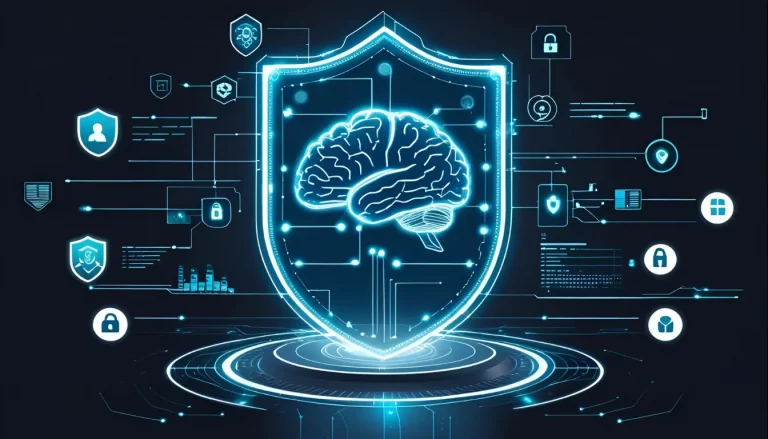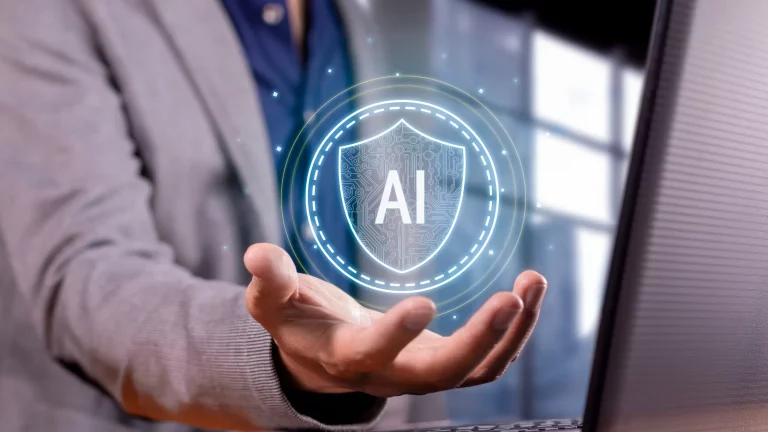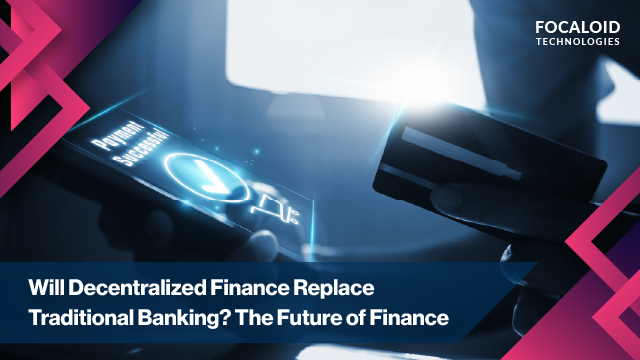What Are AI Guardrails?
AI guardrails are defined as a collection of policies, frameworks, and technical measures established to guarantee that artificial intelligence systems operate safely, ethically, and in accordance with legal and organizational standards. They can be viewed as protective boundaries that direct AI behavior, ensuring it does not generate harmful, biased, or non-compliant outcomes. Key Objectives of…












